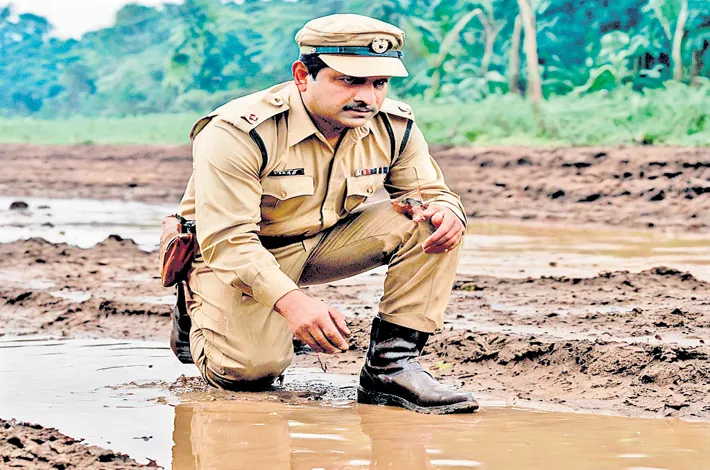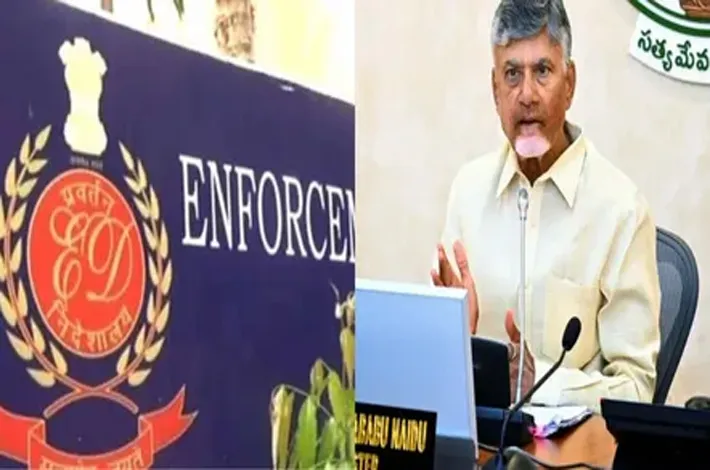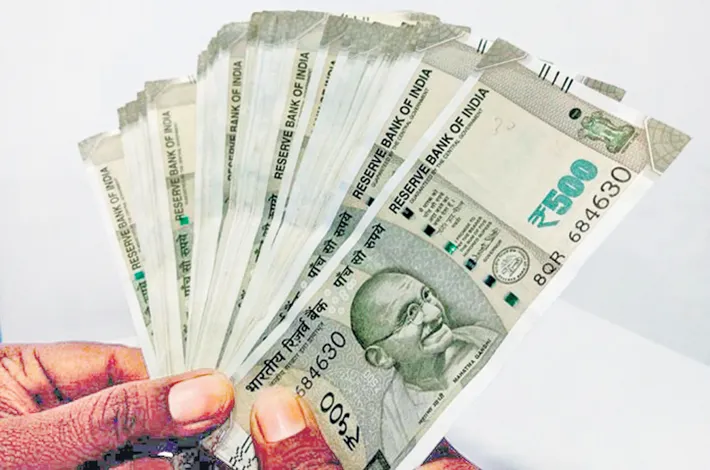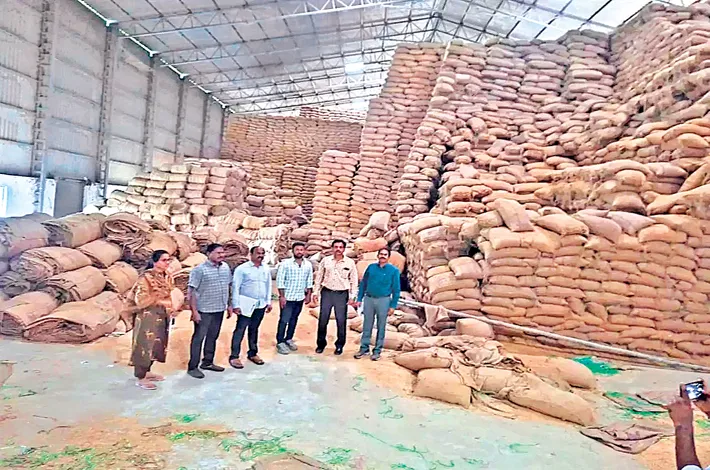The mystery of Tea Leaves
20-05-2025 12:00:00 AM

Vikram nodded, his mind racing. Arjun had enemies—plenty of them. The workers whispered of unpaid wages, brutal punishments, and rumors of Arjun skimming profits from the tea yield. But there was more. Last week, Vikram had received an anonymous tip about illegal opium smuggling through the estate, with Arjun’s name at the center
The mist clung to the rolling hills of Assam’s Brahmaputra Valley, shrouding the sprawling tea estates in a ghostly veil. Inspector Vikram Saikia adjusted his khaki cap, his boots sinking into the damp earth as he surveyed the scene. The air was thick with the scent of wet leaves and something else—blood. A body lay sprawled among the tea bushes, a machete embedded in its chest. The victim was Arjun Das, the estate’s overseer, a man known for his iron grip and shadowed dealings.
Vikram crouched beside the corpse, his sharp eyes scanning for clues. The workers huddled nearby, their faces a mix of fear and suspicion. The Jorhat tea estate, one of the oldest in Assam, was a world unto itself—hundreds of acres of manicured green, dotted with laborer shacks and the grand colonial bungalow of the estate’s owner, Mrinal Goswami. Arjun’s death had cracked the estate’s fragile peace, and Vikram knew the killer was likely still among them.
“Time of death?” Vikram asked Dr. Baruah, the local coroner, who was puffing on a beedi despite the early hour.
“Between midnight and 2 a.m.,” Baruah replied, pointing to the congealed blood. “Single strike, clean. Whoever did this knew how to handle a blade.”
Vikram nodded, his mind racing. Arjun had enemies—plenty of them. The workers whispered of unpaid wages, brutal punishments, and rumors of Arjun skimming profits from the tea yield. But there was more. Last week, Vikram had received an anonymous tip about illegal opium smuggling through the estate, with Arjun’s name at the center. Was this a personal vendetta or a move to silence a loose end?
He began with the workers. Lakshmi, a wiry woman with calloused hands, was the first to speak. “Arjun was a devil,” she spat, her eyes darting toward the bungalow. “He’d beat us for less than a kilo short. But last night, I saw him arguing with someone near the drying shed. Couldn’t see who—too dark.”
Vikram noted the detail. The drying shed was isolated, a perfect spot for a clandestine meeting—or a murder. He moved on to Mrinal Goswami, the estate’s owner, who received him in the bungalow’s teak-paneled study. Mrinal was polished, his silk kurta pristine, but his hands trembled slightly as he poured tea.
“Arjun was indispensable,” Mrinal said, his voice smooth but strained. “He kept the workers in line. His death is a tragedy—and a disruption. The harvest is due in a week.”
“Any enemies?” Vikram asked, watching Mrinal’s face.
“None that I know of,” Mrinal replied too quickly. “He was strict, yes, but fair.”
Vikram wasn’t convinced. Mrinal’s wealth depended on the estate’s output, and Arjun’s smuggling could have implicated him. Or perhaps Mrinal had discovered the theft and decided to eliminate the problem. Vikram thanked him and headed to the drying shed.
The shed was a cavernous structure, its air heavy with the scent of fermenting tea. Vikram’s torch swept across the floor, catching a glint—blood, smeared and hastily wiped. Nearby, a torn piece of cloth lay caught in a splintered crate. It was coarse, like the workers’ uniforms, but dyed a deep indigo, uncommon for laborers. Vikram pocketed it, his instincts humming.
Back at the workers’ quarters, he questioned Ravi, a young picker with a nervous tic. Ravi’s hands were stained with tea sap, but his shirt was indigo, missing a patch at the sleeve. Vikram held up the cloth. “Care to explain?”
Ravi’s eyes widened. “I—I was there, but I didn’t kill him! Arjun caught me stealing tea to sell in Jorhat. He threatened to turn me in unless I helped him move… packages. Last night, he told me to meet him at the shed. When I got there, he was already dead!”
“Packages?” Vikram pressed.
“Opium,” Ravi whispered. “Hidden in the tea crates. I don’t know who he was working for.”
Vikram’s mind pieced it together. Ravi was a small player, too scared to kill. But someone else had known about the shed meeting—someone with a motive and a machete. He returned to the bungalow, this time confronting Mrinal’s wife, Priya, a quiet woman with sharp eyes. She’d been absent during his earlier visit, claiming a headache.
“Mrs. Goswami,” Vikram said, “where were you last night?”
Priya’s fingers tightened around her shawl. “In bed. I wasn’t well.”
“Strange,” Vikram said, holding her gaze. “A worker saw you near the shed around midnight.”
It was a bluff, but it worked. Priya’s composure cracked. “I followed Arjun,” she admitted, her voice low. “He was bleeding Mrinal dry, selling opium under his nose. I confronted him, told him to stop. He laughed, said he’d ruin us both. I left him alive, I swear!”
Vikram studied her. Priya had motive, but her delicate frame didn’t match the strength needed for the killing blow. Still, she was hiding something. He decided to set a trap. He gathered the workers, Mrinal, Priya, and Ravi at the shed, announcing he’d found the murder weapon—a machete, wiped clean but bearing traces of indigo dye. Another bluff.
Mrinal shifted uncomfortably, but it was Priya who broke. “It was Mrinal!” she cried, pointing at her husband. “He knew about the opium, about Arjun’s betrayal. I told him everything after I left the shed. He went back and killed him!”
Mrinal’s face twisted. “You lying—” He lunged for Priya, but Vikram’s constables restrained him. Under pressure, Mrinal confessed. He’d confronted Arjun, enraged by the betrayal. The machete, used for clearing underbrush, was at hand. One strike, and it was over.
As Mrinal was led away, the mist began to lift, revealing the endless rows of tea bushes. Vikram lit a cigarette, the case closed but the estate’s secrets still lingering. In Assam’s tea gardens, trust was as fleeting as the morning fog.








